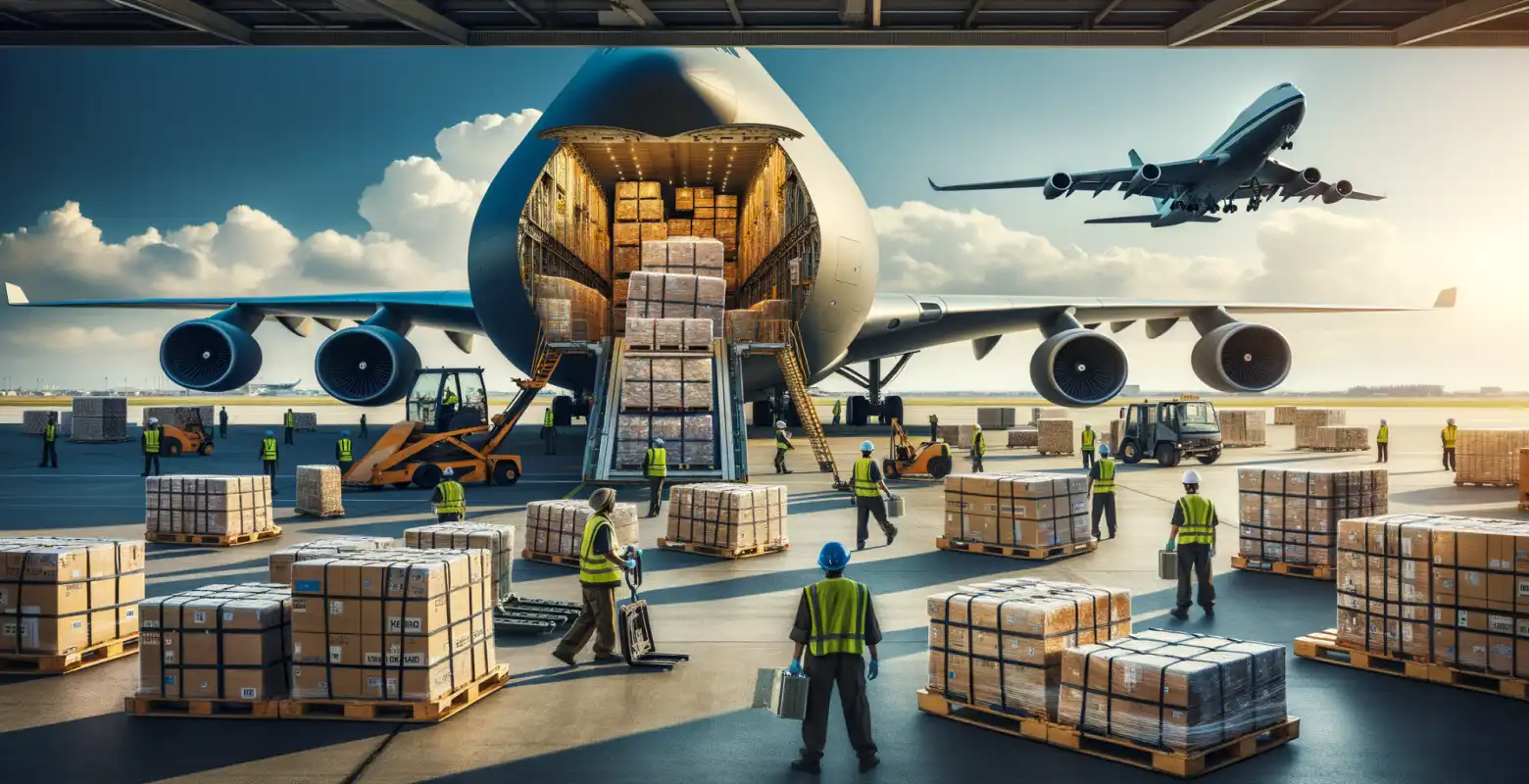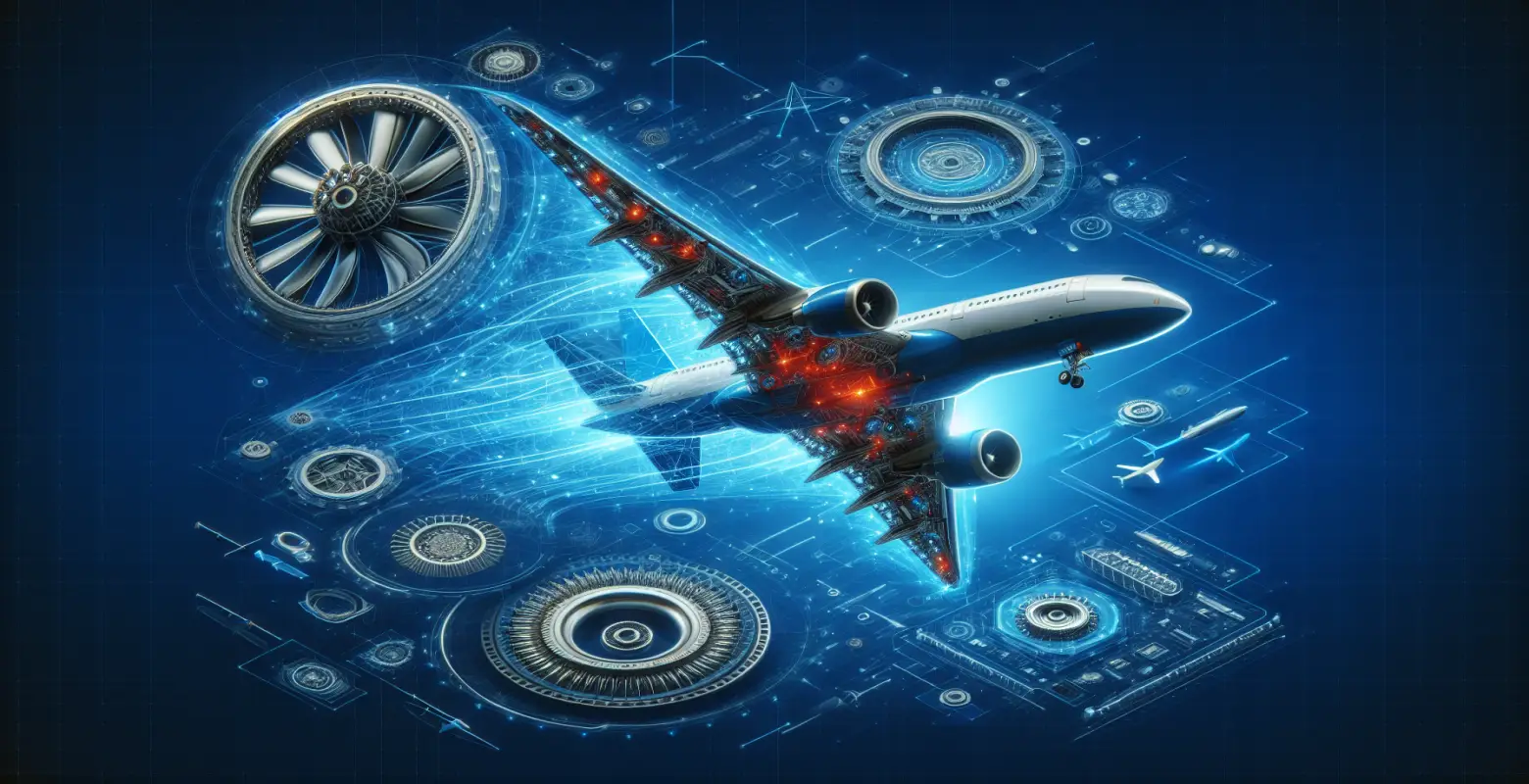Cargo transport in civil aviation
Introduction
Cargo transport in civil aviation is a key element of the global transportation system, enabling fast and efficient movement of goods worldwide. In the era of globalization and rapidly growing economy, the importance of air transport as a means of cargo delivery is constantly increasing. In this article, we will take a detailed look at cargo transport in civil aviation, discussing its significance, challenges, and the future of this sector.
Significance of Cargo Transport in Civil Aviation
Cargo transport is essential for many industries, including technology, pharmaceuticals, and retail. Air transport allows for the rapid delivery of high-value goods and those requiring swift transportation, such as pharmaceutical products or electronic components.
According to the International Air Transport Association (IATA) data, air transport accounts for transporting over 35% of the global trade value, despite representing only about 1% of the volume of goods transported. This underscores its importance to the global economy, especially in the context of transporting high-value and urgent goods.
How Cargo Transport Works in Civil Aviation
Cargo transport in civil aviation is carried out through specialized cargo aircraft and as an addition to passenger flights. Cargo aircraft, such as the Boeing 747-8F or Airbus A330-200F, are designed exclusively for cargo transport, allowing for optimization of space and transport efficiency.
In passenger flights, cargo is carried in the aircraft's cargo hold, providing additional revenue for airlines. Proper management of cargo space and transport logistics is crucial for maximizing profits and operational efficiency.
History and Development of Cargo Transport in Civil Aviation
The history of cargo transport in aviation dates back to the early 20th century when aircraft began to be used for mail transport. Over the years, with the development of aviation technology and infrastructure, cargo transport has gained importance and started encompassing a wide range of goods.
A key development occurred after World War II when aviation became more accessible and widespread. Since the 1960s, with the development of international trade, air transport has become an integral part of global logistics.
Challenges in Cargo Transport
Despite its numerous advantages, cargo transport faces many challenges. Among the most important are rising fuel costs, which directly impact transport prices. Additionally, regulations concerning safety and environmental protection are becoming increasingly stringent, requiring airlines to invest in new technologies and procedures.
Another challenge is the need to adapt to rapidly changing market conditions and customer needs. Transport companies must be flexible and ready for quick changes in the demand for transportation services.
Advantages of Air Cargo Transport
Air cargo transport offers many advantages that make it indispensable in certain situations. The most important of these is speed – goods can be delivered from one end of the world to the other in just a few hours. This is critical for goods with short shelf life or those that must arrive on time.
Another advantage is safety. Air transport is one of the safest means of transportation, which is crucial for transporting high-value goods. With modern technologies and monitoring systems, it is possible to track shipments in real-time, increasing control and safety of transport.
Future of Cargo Transport in Civil Aviation
The future of cargo transport in civil aviation looks promising, especially in the context of advancing globalization and the growth of online trade. More and more e-commerce companies are opting for air transport to meet customer expectations for fast delivery.
One of the key trends is the development of drone technologies, which can revolutionize the way goods are delivered over short distances. Furthermore, the development of more environmentally friendly and cost-effective aircraft will further reduce CO2 emissions and operational costs, contributing to the sustainable development of the industry.
Summary
Cargo transport in civil aviation plays a crucial role in global logistics, enabling fast and secure movement of goods worldwide. Despite numerous challenges, such as rising costs and changing regulations, air transport remains an indispensable element of the world transportation system.
In the face of increasing globalization and technological progress, cargo transport has a promising future ahead. Investments in new technologies and innovative logistics solutions will be key to further development of this sector. Companies and governments must collaborate to meet challenges and harness the full potential that air cargo transport brings.






Number of comments: 0